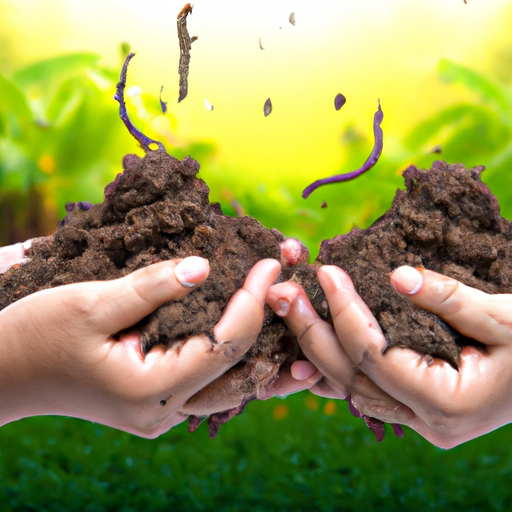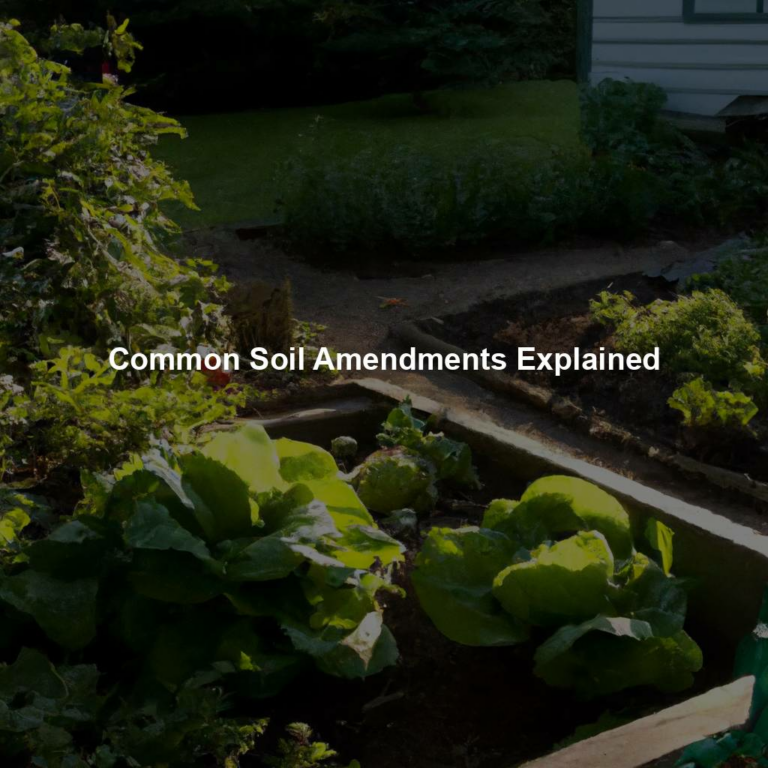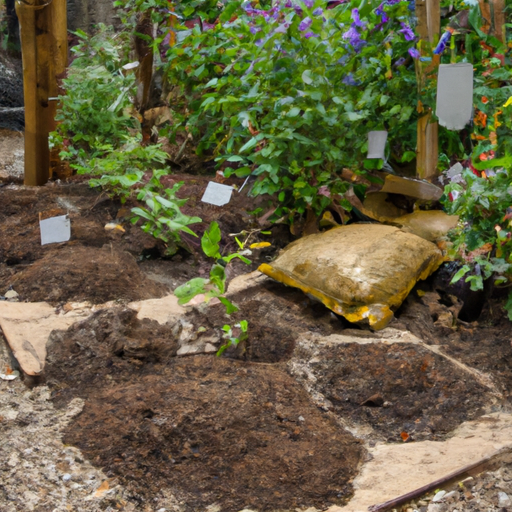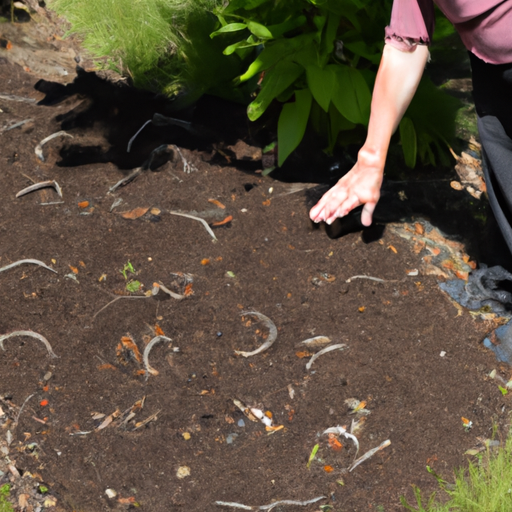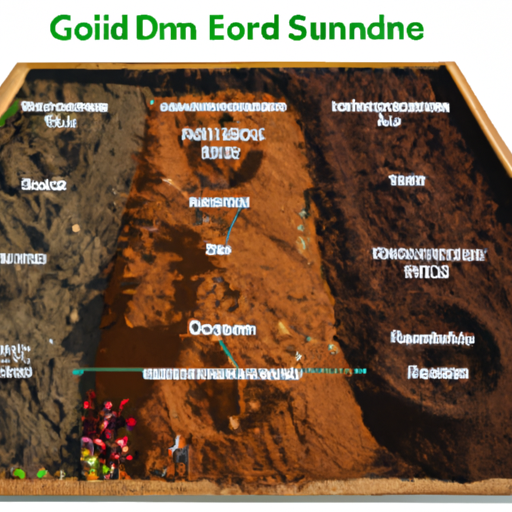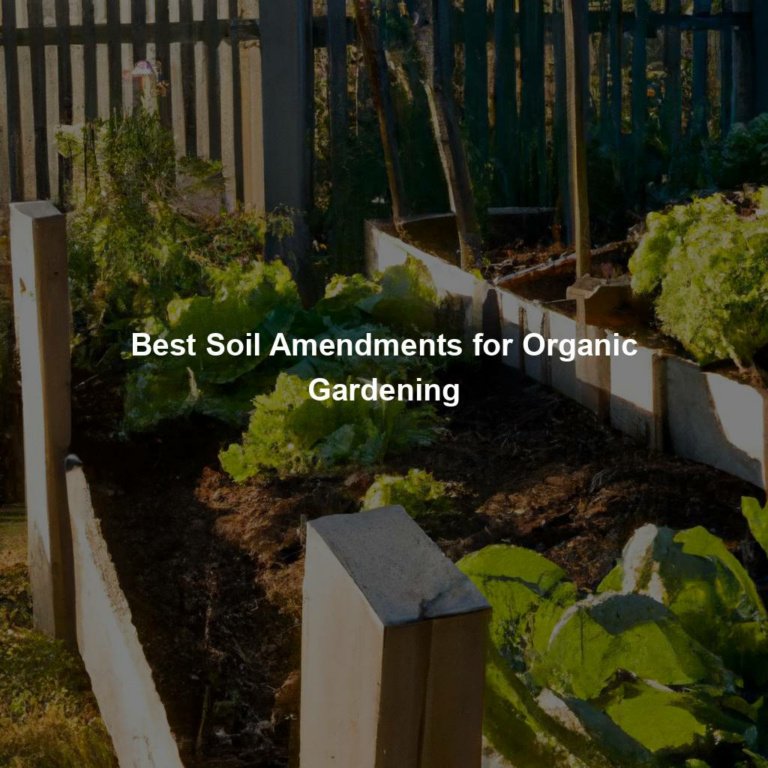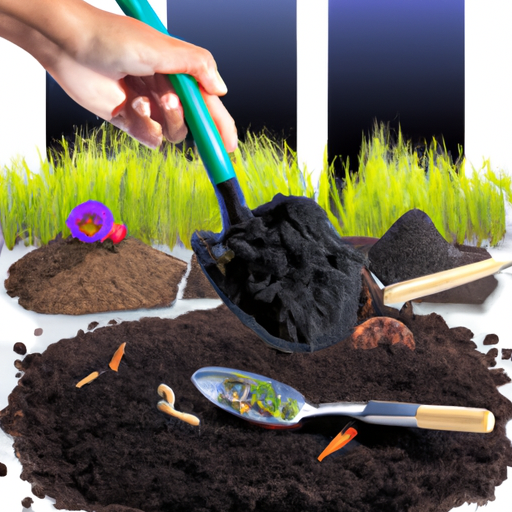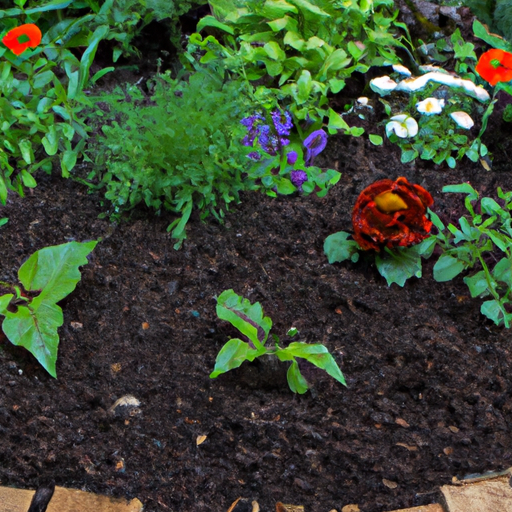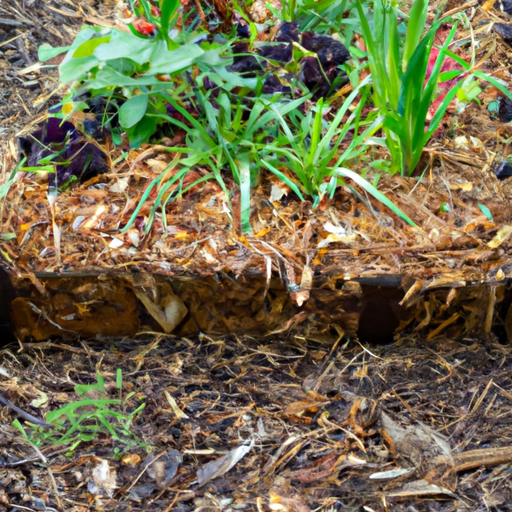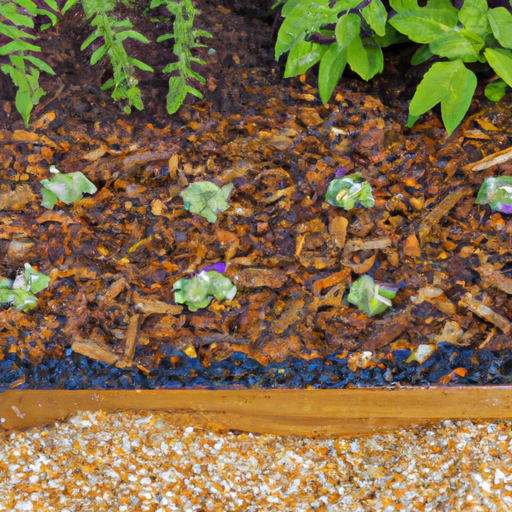Amending Your Garden Soil: Everything You Need to Know
Learn all you need to know about amending your garden soil. Over time, nutrients can become depleted, leading to poor plant growth. Amending with compost or organic matter replenishes nutrients and creates a healthier environment. Understanding your soil composition through testing is essential. Choose the right amendments by considering compost vs fertilizer and organic vs synthetic amendments. Prioritize organic amendments and supplement with small amounts of fertilizer. Apply amendments effectively by mixing them into the soil. Maintain healthy soil through regular testing, adjusting pH, and composting. Maximize garden yields by using amended soil. Use kitchen waste as an amendment and compost for additional nutrients. Amend soil once or twice per year, testing before applying. Mixing amendments can be tricky, so choose carefully. Expect improvements in plant growth within weeks or months. Patience is key.
